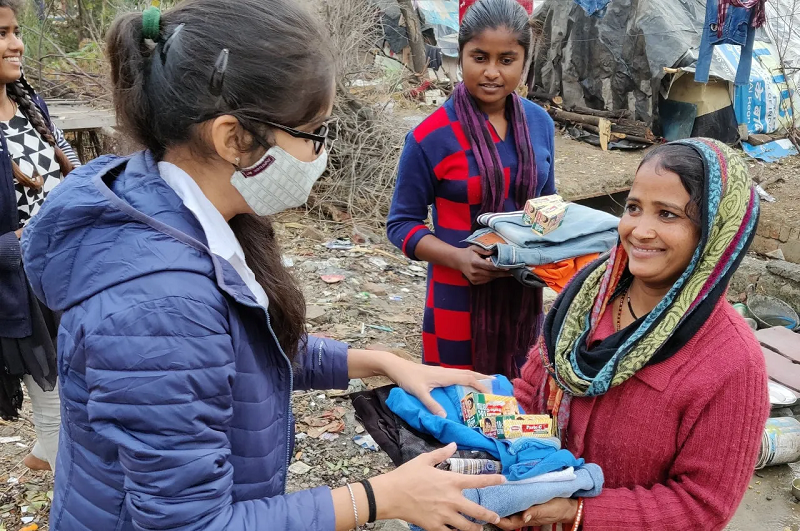
Colorectal Cancer Symptoms: Colon cancer is increasing rapidly in people under 55 years of age. This cancer has doubled since 1995. The rate of colorectal cancer is continuously increasing among the youth around the world. A new report from the American Cancer Society revealed that the number of colorectal cancers in people under the age of 55 has nearly doubled in recent years. This number increased from 11% in 1995 to 20% in 2019. The incidence of colorectal cancer increased from 52% in the mid-2000s to 60% in 2019. Even before this new report, doctors and researchers were aware of this increase in cases.
Colorectal cancer becoming more common in youth
The incidence of colorectal cancer in young people is alarming and troubling, increasing by about 1 to 2% every year since the 1990s. The overall numbers are small, but the increase is a cause for concern nonetheless, and it is particularly shocking because the biggest increase in cases is among the youngest age group of people, those between 20 and 29 years old. Colorectal cancer can be treated if detected early enough and the second is to detect polyps, which are premature growths that can turn into cancer over time.
Why are cases of colorectal cancer increasing among youth?
We don't have a definitive answer as to why we're seeing the rise in rates, said Dr Nilofer Saba Azad, co-director of cancer genetics and epigenetics at Johns Hopkins Medicine in Baltimore. Its symptoms include excess body weight, alcoholism, smoking and diabetes and other stomach-related problems. When you look at all these things together, it is possible that something may be wrong. This does not mean that you cannot enjoy foods that are part of the Western diet. Instead, you should also include healthy things and exercise in your routine. You should know the symptoms of colorectal cancer and follow these tips to stay healthy or catch the disease early.

Stomach problems can also be a sign of colon cancer
Starting at the age of 45, you should get screened for colorectal cancer. Unfortunately, the youngest of people who feel the rising tide of colorectal cancer are too young to get tested. For most people, screening is not covered by insurance plans until age 45. But this makes it doubly important for you to get yourself tested as soon as possible. Dr Arif Kamal, chief patient officer for the American Cancer Society, said the age for screening in the US was 50, but this increase in cases led to the change in guidelines.
Colonoscopy is not the only screening method
Experts say that it is very common for people to fear colonoscopy, although there is nothing to be afraid of. Colonoscopies are safe procedures. Mendelsohn said other screening tests are also available, such as a stool test and a CT scan called a virtual colonoscopy. Colonoscopy should be done every 10 years in healthy people and a virtual colonoscopy is required every five years. According to the Centers for Disease Control and Prevention, urine tests should be more frequent, ranging from every year to every three years, depending on the test.
Symptoms of colorectal cancer can vary
The most common symptoms are bleeding from the rectum or blood in the urine.
Most people with rectal bleeding will not have cancer, haemorrhoids being a common cause.
Not all rectal bleeding in young people is haemorrhoids.
Another sign of colorectal cancer, according to the Mayo Clinic, is if you feel like you can't empty your bowels. Meaning when you go to the bathroom, you do not feel the relief associated with bowel movement. Anaemia can also be another sign. There may be a change in your urine, black stool or constipation. However, constipation is not a cause of panic. Some of this can be due to stress-related or diet-related problems and know that some other symptoms - such as abdominal pain and weight loss can occur.
Everyone needs to keep an eye on themselves regarding these symptoms, especially people below 45 years of age. Because most people under the age of 45 will not be screened for colorectal cancer, it is important to monitor yourself for these symptoms and contact your doctor if you notice any of these signs.










